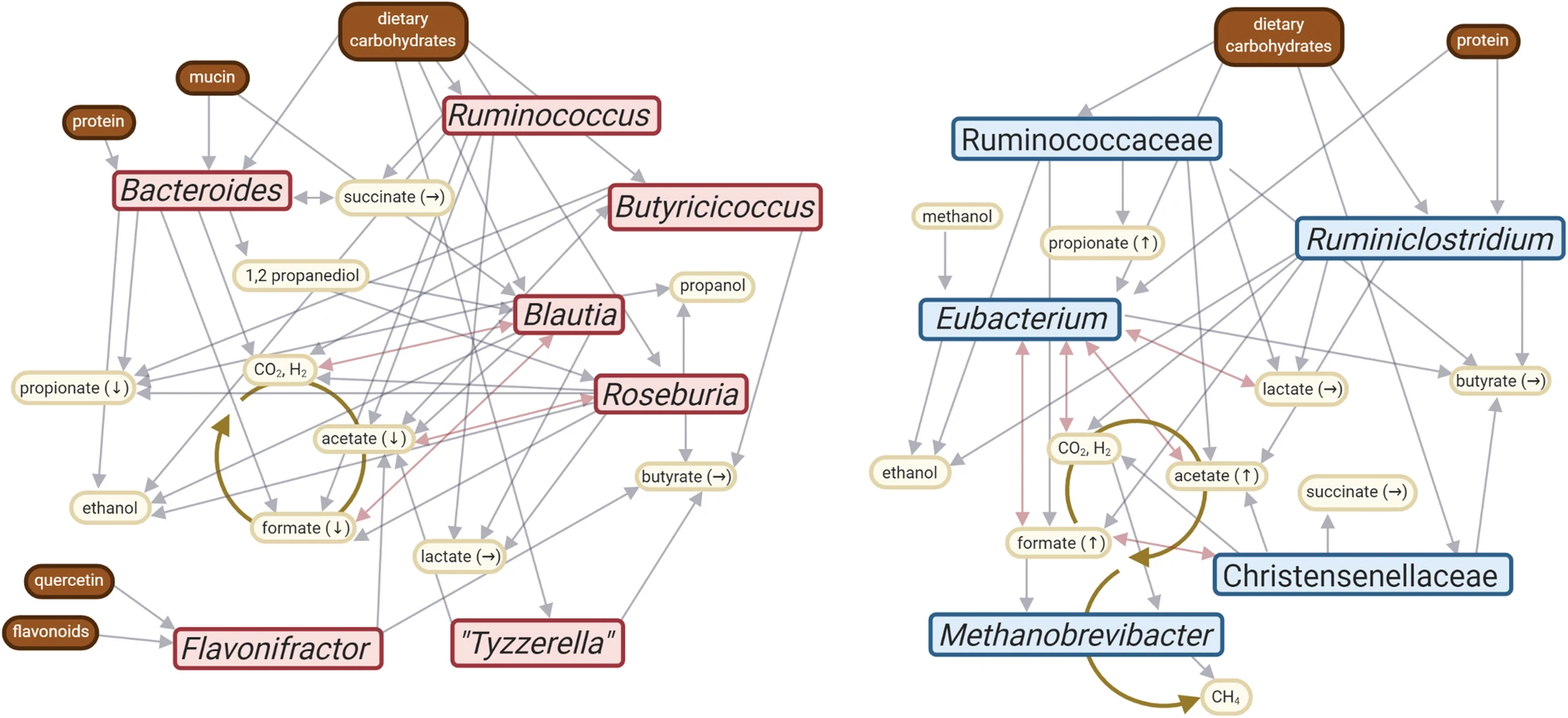Project submission
You have a good idea and want to work on it ,possibly, together with others? Submit! Project submission for the BBS Springschool 2022 will open on the 1st of March. Do not hesitate to contact us if you are not sure about your project’s fit, or don’t know how to fill in the submission form.
Following project submission, check out the advices and suggestions curated from the many previous years’ project leaders and attendees as the best practices of running successful, collaborative projects that would lead high impact and successful outputs in the given short amount of time.
Submitted projects (more to come)

This is a crash course on how to employ R to obtain, pre-process and analyse numeric and text data. Emphasis will be given to twitter and text data, how to acquire twitter data with an API, to harvest data from useful websites using R and finally to pre-process text data in R for further analysis.
Guilherme Wood (guilherme.wood@uni-graz.at)
Location: Onsite and remote via WebEx

In this project, we aim to investigate chemosensory perception from a mere stimulus-percept problem perspective to build an ecological valid odor space or map. Using a smartphone app we will explore and investigate the perceptual dimensions of odor objects in relation to their pleasantness, valence, quality, familiarity and intensity as well as on the verbal descriptions, like fruity, moldy, or sour, all defining the perceptual odor space. All odor objects will be selected by the participants and registered to a central database by taking a simple picture together with a brief verbal description. This data will be automatically enriched by the current location of the participant, the time of the day and possibly the current weather (temperature, humidity, and so on).
Florian Ph.S Fischmeister (Florian.Fischmeister@gmail.com)
Location: onsite and remote via Zoom

The ocean rest study combines multi-dimensional data from brain scans (MRIs), and the information on personality (OCEAN) as well as on the gut microbiome (taxonomy and functional capacity) and metabolomics. The aim would be to train a computer to learn co-associations of the microbial composition and its metabolites with brain states / connectomes, behavior and other metadata categories.
Christina Kumpitsch and Alexander Mahnert (christina.kumpitsch@medunigraz.at)
Location: onsite and remote via Project site WebEx
–>